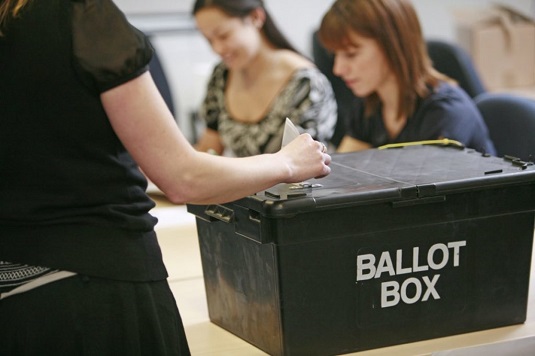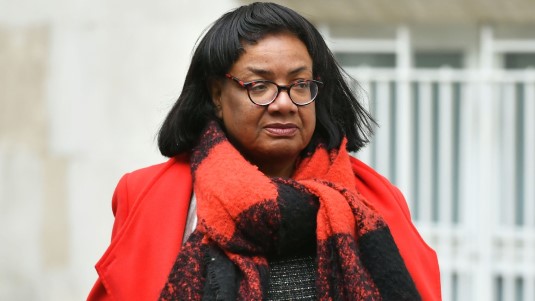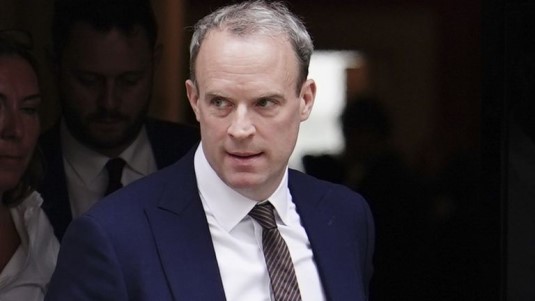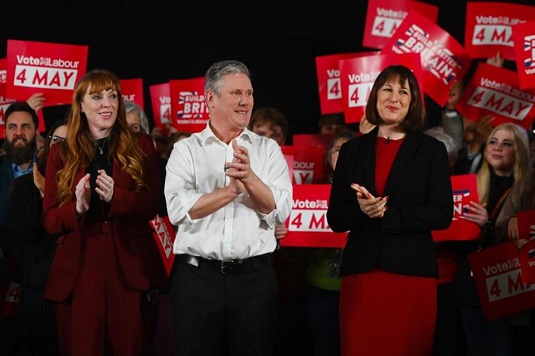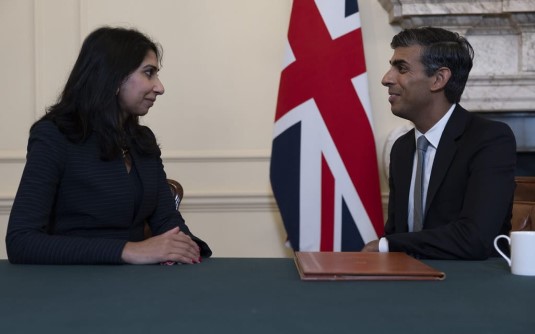
Which brings us to Keir Starmer's Sunday interview with The Observer. While the headline goes with "I’ll be bolder than Blair on public service reform", not much is given away as the article concentrates on other things. But on public services themselves, Starmer said his government would be a "reforming government ready to go from day one, further than Blair on public services, further than the Tories in the private sector", noting that "“I think we can go beyond what the Blair government did on public services … because I think there is unfinished business there.” That doesn't sound particularly heart warming.
Casting our minds back to the Blair years, it is true to say New Labour did renovate public services, expanded them, and improved them with great wodges of cash. One of the ironies of the early period of the Tory-led Coalition was how many of these services were subsequently defended by leftists who'd spent the previous decade attacking Blair for being no better than a Tory. I was one of these people. But, as ever, the detail is where the Devil resides. Blair accomplished this by forcing public sector bodies to take up costly PFI schemes to refurbish or rebuild their physical infrastructure. There was the imposition of targets and competition between state bodies, a scheme carried over from John Major's Citizen's Charter (more in the book), and the bedding down of "choice" agendas designed to make the public sector more "responsive", as if local community centres were branches of New Look. It still jars with me how local authorities refer to its service users as "customers". Blair's plan was to take this even further with more markets, more outsourcing and privatisation, and more attacks on the people Labour is supposed to represent. And, reportedly, that he wasn't able to see this through was his one regret upon leaving office.
You can see why Starmer's comments on public services are enough to give any labour movement person pause. Mindful of what went on 20 years ago, the Labour leader was quick to add that this did not mean the expansion of private provision but repositioning services so they meet current needs, and with an accent on prevention. Let's pretend we trust Keir Starmer for a moment. It sounds innocuous enough. As is well documented, the Tories have been running public services into the ground. In the NHS, the refusal to pay nurses and junior doctors the market rate for their services has nothing to do with the struggle against inflation and everything to do with their efforts at residualising the health service. Management have been given carte blanche to run down the semi-privatised Royal Mail. Local authorities struggle to deliver statutory services. Dental deserts are common. Even getting a passport these days is a slog. Wanting to make sure these services work properly, as Starmer appears to, is like pushing at an open door. It's a concern that chimes with the experiences of millions of people.
We know what the problem is: the withholding of monies. And quite deliberate it is too. When this is obvious, are we right to be worried that the Labour leader goes on about reform instead of funding? The more credulous Starmerites might think this is more clever-clever politics, or "hard ball" as they call it these days, whereby promising nothing is smart politics because if you don't stand for anything then the Tories will have a problem nailing you down. Good luck with that. Or you might believe in the equally preposterous notion that all the reactionary rubbish pushed by Starmer so far is establishing "permission" to be heard so the bag of goodies he's itching to open won't frighten former Tory voters.
It's better to be realistic about such things. In as far as a coherent Starmerism exists, it's a programme of state modernisation. To be a little bit more sociological, in terms of bourgeois politics it's the collective effort of bureaucrats and technocrats to take the state back from the show boaters, wreckers, and placemen that have run it into the ground over 13 years of Tory government. This is also an authoritarian politics. You don't need to look at Labour's equivocations over spy cops and war crimes legislation, Starmer's approving comments about locking Just Stop Oil protesters up, and the heavy handed way he policies the Labour Party (with extreme hypocritical prejudice) for clues. It's been there in the DNA of his politics all along, and one with deep roots in the Labour and Fabian traditions. I.e. Vote us in, we'll look after the politics, and you only need bother about this stuff in another four or five years' time. The flip side of this is, of course, do as I say not as I do, and treating promises instrumentally. I.e. Sticking to them for as long as the expedience is there.
I have no doubt Starmer wants to reform the state and make it work, and how it plays out in his project involves two things. Subordinating everything to economic growth, which is restated as the driving principle of his government and legitimating essence of everything he does. As per the recent embrace of decentralisation and devolution. And modernising the state also means repositioning the British people. In recent years, too many have become an angry, unruly, and irreverent (elderly) mob motivated by Brexit and other right wing hobby horses. Even worse, more have been actively politicised in the other direction. First Corbynism, and now millions of workers are participating in industrial action of some description, exacerbated by the Tories' abrogation of responsibility and refusal to negotiate. Starmerism wants to put a lid on this by partially re-institutionalising the labour movement in state structures. Second, whatever reform comes forward from Starmer-friendly think tanks and the Fabians' policy pamphlets, finding other ways of gifting state money to business is only secondary. What matters is getting the state running and offering new and improved public services so millions have a stake in it again (which Labour can reap the election benefits of), and so millions more people relate to it as service users. This repairs the authority of state institutions, which have taken a battering, the legitimacy of the state itself, and recasts politics around the Starmerist/Fabian model. In short, it's a depoliticisation strategy. Depleting the state is the Tories' not-very-successful attempt at the same, whereas Starmer's approach - gleaned from everything said and promised so far - is suggestive of a politics marked by redrawing the boundary between lay people and experts, reconstituting a consumerist relationship to state services (perhaps with some funky "co-designing" going on), and letting the technocrats and high foreheads get on with the business of government.
A bit speculative, perhaps, but this is what drives Starmer's preoccupation with public sector reform: the definition of politics and what the limits of acceptable discourse under his government are going to be.
Image Credit
